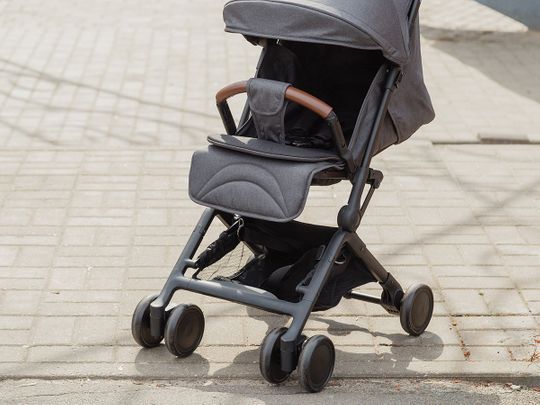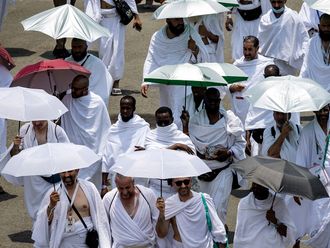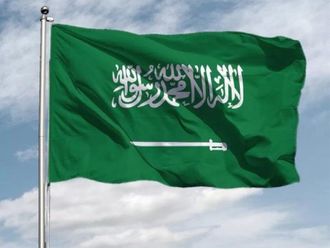
Cairo: Children’s strollers are denied access to a courtyard in the Grand Mosque, Islam’s most sacred site in Mecca, where Muslims perform ritual circumambulation of the Holy Kaaba.
The General Authority for Care of the Two Holy Mosques, a Saudi state agency, has designated areas where the children’s prams are allowed or banned, Saudi newspaper Okaz reported.
The prams are not allowed to enter the circumambulation area known as mataf, while they are allowed into the upper floors of the mataf as well as into the ma’sa area where the ritual running between Safa and Marwa inside the mosque is performed.
Still, the strollers are not allowed into the upper floors of the mataf and the ma’sa area in case of congestion.
The Grand Mosque in Mecca is home to the Holy Kaaba, drawing millions of Muslims annually from around the world to offer prayers and perform Umrah or minor pilgrimage.
Also read
- Saudi Arabia to host 1,000 Umrah pilgrims from around the world
- Renowned Saudi oncologist and 4 members of family killed in Umrah trip accident
- Saudi Arabia permits conducting marriage contracts at Grand Mosque in Mecca and the Prophet’s Mosque in Medina
- Saudi Arabia records historic 58% surge in Umrah pilgrims: 13.55 million in 2023
Umrah, which can be undertaken round the year at the Grand Mosque, comprises two key rituals: Tawaf or the circumambulation of the Holy Kaaba; and Sa’i, which is walking seven times back and forth between the hills of Safa and Marwa.
The numbers of Umrah pilgrims reached record 13.5 million last year, Saudi Minister of Hajj and Umrah Tawfiq Al Rabiah said earlier this month.
Saudi Arabia, Islam’s birthplace, has in recent months introduced a host of facilities for Muslims wishing to come to the country for Umrah. Saudi authorities have extended the Umrah visa from 30 days to 90 and allowed holders to enter the kingdom via all land, air and sea outlets and leave from any airport.
Furthermore, Saudi Arabia has allowed its citizens to apply for inviting their friends abroad to visit the kingdom and undertake Umrah. Women pilgrims are no longer required to be escorted by male guardians.
The kingdom has also said that expatriates residing in the Gulf Cooperation Council countries are eligible to apply for a tourist visa, regardless of their profession, and be able to perform Umrah.
Early preparations are already underway in Saudi Arabia for annual Hajj pilgrimage due this year in June in and around Mecca.






